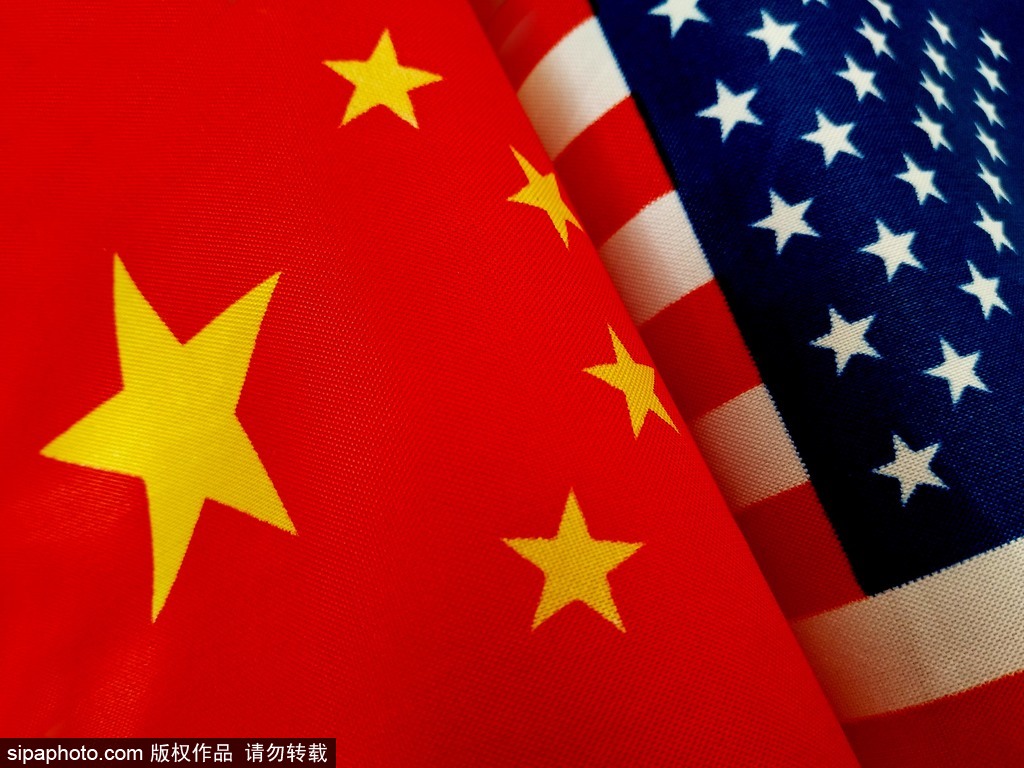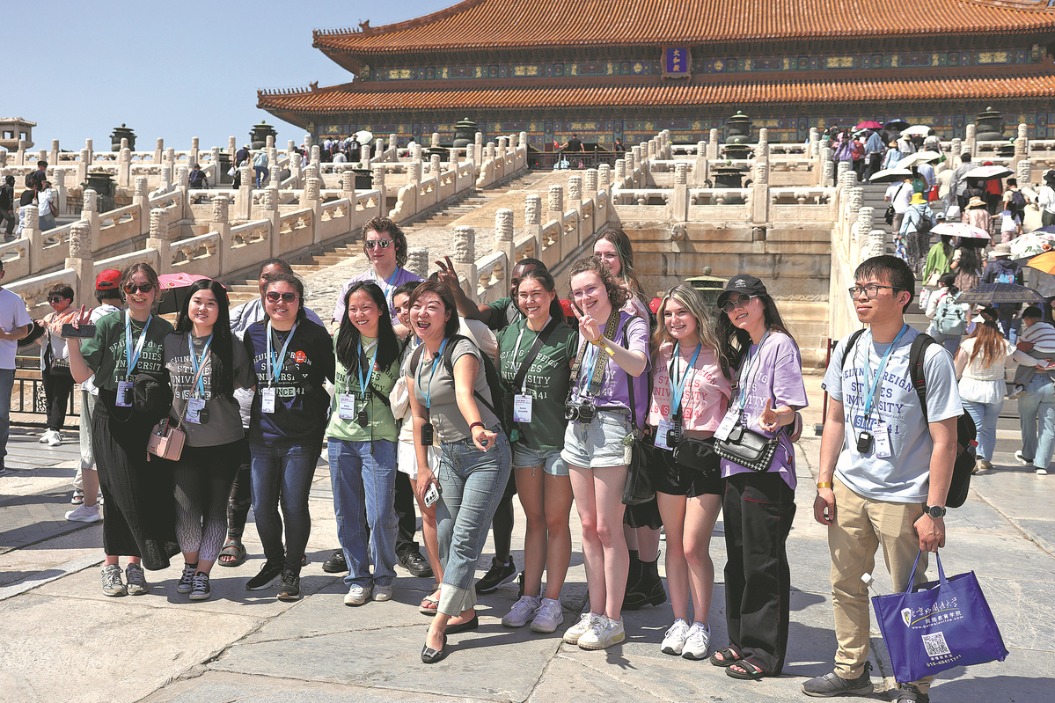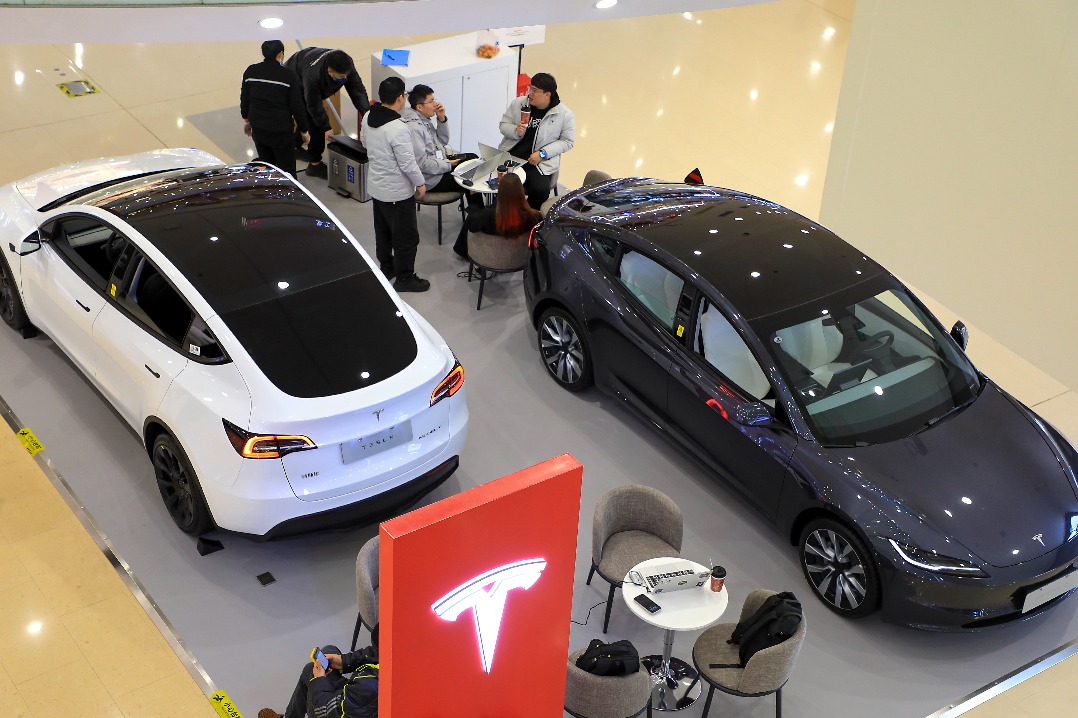US' attacks on Chinese tech development a double-edged sword that harms itself: China Daily editorial
chinadaily.com.cn | Updated: 2023-09-21 20:01

In his remarks at the 78th session of the United Nations General Assembly on Tuesday, US President Joe Biden once again stressed that the United States seeks to responsibly manage the competition with China so "it does not tip into conflict" and claimed that it pursues "de-risking, not decoupling with China".
Yet the same day, US Secretary of Commerce Gina Raimondo told a US House of Representatives hearing that she was "upset" by news of the launch of Huawei's Mate 60 Pro during her visit to China last month. "The only good news, if there is any, is we don't have any evidence that they can manufacture 7-nanometer (chips) at scale," she said. Which clearly exposes the zero-sum mentality that prevails in Washington.
When China adopted its reform and opening-up policy in 1978, the US was a main source of knowledge and experiences that it learned from. Likewise, it was by absorbing talent and ideas from all over the world that the US turned itself into the leading global powerhouse for the development of technologies after World War II. Now, half a century later, the US is striving to prevent China doing the same. That means that the US will continue sanctioning China by targeting its high-tech sector.
Yet by doing so, the US is stymieing not just China's tech development but also its own. By seeking to shut its door to China, the US is damaging the profitability of its tech companies, thus constraining their input into R&D. This will in turn be a drag on the US' future tech leadership.
The Boston Consulting Group has estimated that US companies could lose 18 percentage points of global share and 37 percent of their revenues if the US completely bans semiconductor companies from selling to Chinese customers, effectively causing a technology decoupling from China.
The Chinese market for semiconductor tools is enormous, and US companies such as Applied Materials and Lam Research, benefit greatly from selling to this market. As an article in Forbes pointed out last year, it is more than just the impact on their bottom lines, as many in Washington may proclaim. Selling to the Chinese market gives them increased scale of efficiencies and the profits necessary to invest in future technologies.
Referring to the Vietnam War in his speech on Tuesday, Biden said that with careful effort, adversaries can become partners, overwhelming challenges can be resolved and deep wounds can heal. That is an attitude that the US should adopt in relation to China, rather than clinging to its current confrontational and coercive approach.
It should recognize the common hopes that bind all humanity — hopes for peace, a healthy environment and a better life are dependent on cooperation and collaboration, in technology as well as other areas — and choose to work with China "to bend the arc of history" for the common good of all peoples around the world.






















